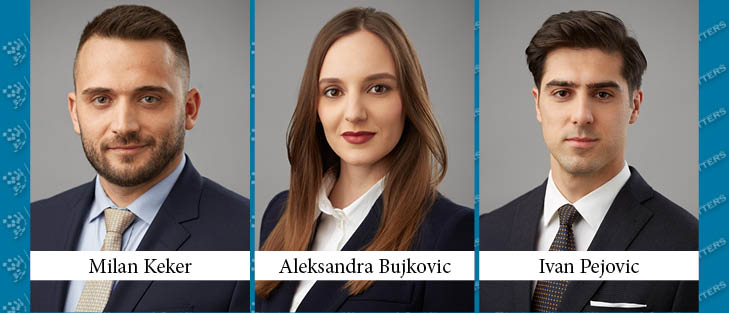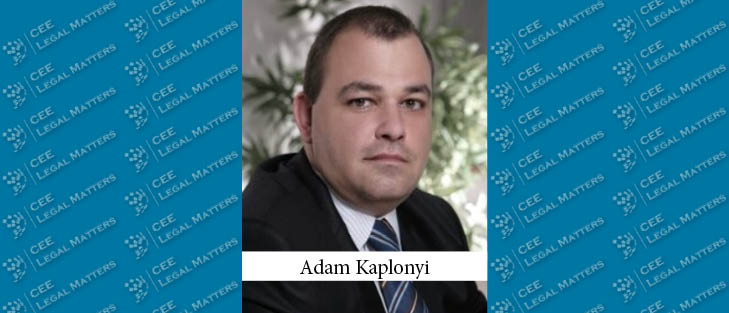Schoenherr has advised GA Adriatic, formerly Renault Nissan Slovenija, on the settlement negotiations with the Slovenian Competition Protection Agency. Zidar Klemencic reportedly advised GA Adriatic in auxiliary proceedings. Cad, and reportedly Fatur Menard, advised Avtohisa Malgaj; Podjed, Kahne & Partners advised Avtohisa Real; Fasun, Melihen, Milac, Strojan reportedly advised Plesko Cars; and Tadej Kalan reportedly advised Avtoservis Kalan, all of which were involved in the proceedings as well.
Gecic Law Successful for Telekom Srbija in Competition Case in North Macedonia
Gecic Law, working with sole practitioner Branko Radojcic, has successfully represented Telekom Srbija before the Commission for Protection of Competition in North Macedonia.
Cristina Rosu, Irina Stanica, Dragos Nicolae Iamandoiu, and Calin Dragoman Make Partner at KPMG Legal - Toncescu si Asociatii
KPMG Legal - Toncescu si Asociatii has promoted Cristina Rosu, Irina Stanica, Dragos Nicolae Iamandoiu, and Calin Dragoman to Partner.
Keker, Bujkovic, Pejovic Opens Doors in Montenegro
Milan Keker, Aleksandra Bujkovic, and Ivan Pejovic have founded Keker, Bujkovic, Pejovic – KBP Legal – in Montenegro.
Adam Kaplonyi Joins Act Legal as Partner in Hungary
Adam Kaplonyi has joined Act Legal as a Partner in Budapest.
You Are a Statutory Body Even While on Vacation
In a recent ruling, the Supreme Court (case no. 27 Cdo 3499/2023) decided that the delivery of a legal act by email to a statutory body of a company is effective from the moment the email reaches the recipient's inbox, even if the recipient has not opened the email or was on vacation at the time.
TGS Baltic Successful For Elering in Renewable Energy Support Cases Before ECJ
TGS Baltic has successfully represented Elering in two renewable energy support cases before the European Court of Justice and the Estonian Administrative Court.






















